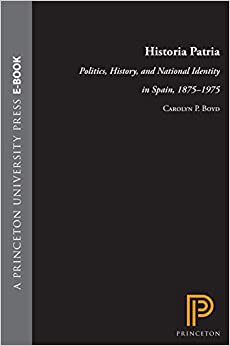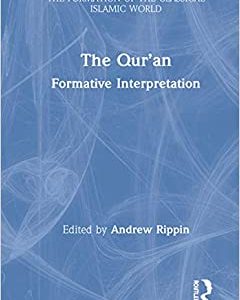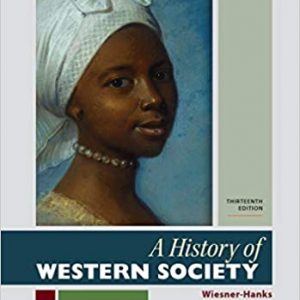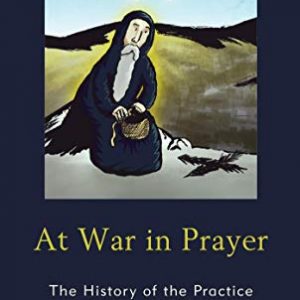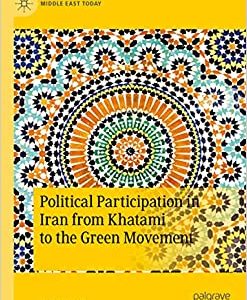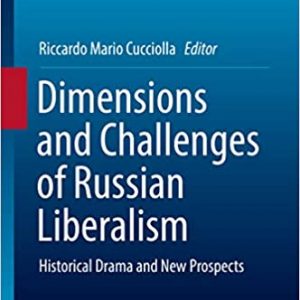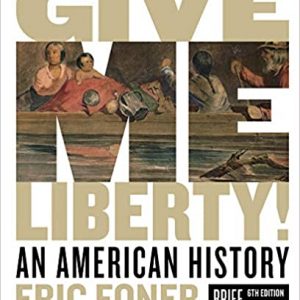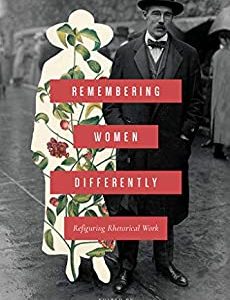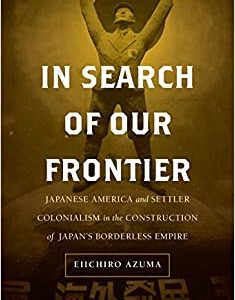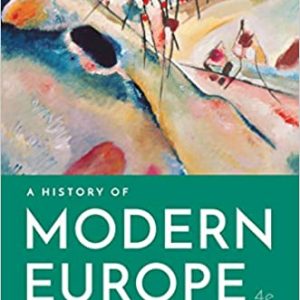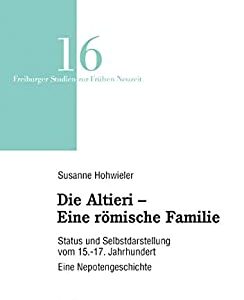Beginning with the restoration of the Bourbon monarchy in 1875 and ending with the death of General Francisco Franco in 1975, this book explores the intersection of education and nationalism in Spain. Based on a broad range of archival and published sources, including parliamentary and ministerial records, pedagogical treatises and journals, teachers' manuals, memoirs, and a sample of over two hundred primary and secondary school textbooks, the study examines ideological and political conflict among groups of elites seeking to shape popular understanding of national history and identity through the schools, both public and private.
A burgeoning literature on European nationalisms has posited that educational systems in general, and an instrumentalized version of national history in particular, have contributed decisively to the articulation and transmission of nationalist ideologies. The Spanish case reveals a different dynamic. In Spain, a chronically weak state, a divided and largely undemocratic political class, and an increasingly polarized social and political climate impeded the construction of an effective system of national education and the emergence of a consensus on the shape and meaning of the Spanish national past. This in turn contributed to one of the most striking features of modern Spanish political and cultural life–the absence of a strong sense of Spanish, as opposed to local or regional, identity. Scholars with interests in modern European cultural politics, processes of state consolidation, nationalism, and the history of education will find this book essential reading.

